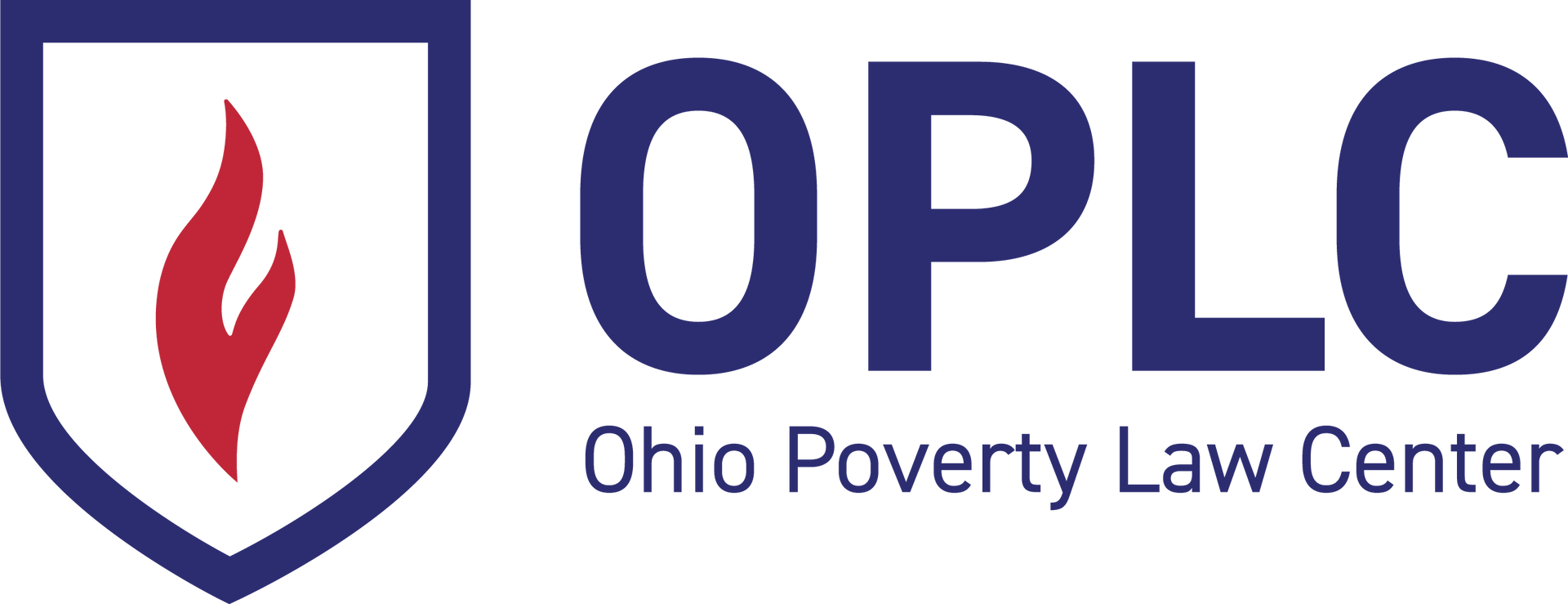OCTOBER NEWSLETTER
October Newsletter
SNAP BENEFITS
EBT CARD PHOTOS
The General Assembly began hearing testimony on HB58 and SB165, identical bills that would require all Electronic Benefits Transfer (EBT) cards used to purchase food through the SNAP program to contain a photograph of an authorized user. The EBT card would have one authorized person’s photo even though all members of the household are authorized to use the SNAP EBT card. In addition, households can designate someone as an authorized representative, such as a caregiver, who can use the card on their behalf.
The proposed legislation will be difficult to implement and puts retailers inadvertently at risk of violating federal law. In fact, the United States Department of Agriculture-Food and Nutrition Services (FNS) issued a warning to states seeking to implement a SNAP EBT photo requirement stating that “implementation involves complex legal, operational, and civil rights considerations; if not well planned, it can inhibit benefit access for eligible participants which could violate federal law.” Supporters of the legislation suggest that the photo requirement will reduce fraud. However, the SNAP program rules and experiences from other states show that it will be difficult to implement and a burden on retailers and will not significantly reduce fraud. OPLC opposes this legislation and is working to educate lawmakers about experiences in other states that have attempted to implement similar policies.
MORE COUNTY WAIVERS
The SNAP program requires adults, between 18 and 49 who don’t have children and are not disabled, spend at least 80 hours a month working, or participating in job training or work-related activities. Those who do not meet the requirement may receive aid for just three months over a three-year period. States can ask the federal government to waive the time limit for people who live in areas with high unemployment.Last month, the DeWine administration requested and received a time limit waiver in 42 economically distressed counties in Ohio. Previously 38 counties had a time limit waiver. The four counties added to the waiver list are Henry, Lake, Stark and Summit Counties.
BROAD-BASED CATEGORICAL ELIGIBILITY RULE COMMENTS
OPLC coordinated comments in opposition to the federal rule that would eliminate broad-based categorical eligibility (BBCE). Ohio uses BBCE to eliminate the asset tests for SNAP. The proposed rule change to eliminate BBCE for SNAP would cause approximately 61,081 Ohio households—approximately eight percent of all SNAP households—to lose their SNAP benefits, according to a report by the Robert Wood Johnson Foundation. The US Department of Agriculture Food and Nutrition Service’s (FNS) own analysis predicts between 2.9 percent and 7.6 percent of SNAP households would lose benefits under the proposed rule. This would be an economic disaster for Ohio families. SNAP benefits are a critical safety-net support for low-income families.
IMPROVEMENTS FOR CQES
Last week, three amendments were added to SB5 that will improve the use of Certificate of Qualification for Employment (CQE). One would standardize fees for CQEs at $50 statewide, subject to a full waiver for indigency. The second amendment would create a rebuttable presumption that former offenders are entitled to a CQE if three years have passed since completing their felony detention and/or supervision, or one year has passed since completing their misdemeanor detention and/or supervision. The third amendment would require state licensing websites not only to post crimes that preclude licensing, but also to state that a CQE would allow a license applicant to overcome this exclusion. Rep. Bill Seitz (R-Cincinnati) offered these amendments which were unanimously approved in committee. SB5 has already passed the Senate and we hope it will be voted out of the House in the coming weeks.
Contact OPLC for more information: Contact OPLC Staff for more information:
Susan Jagers
sjagers@ohiopovertylaw.org
General OPLC information, Consumer issues
Tim Johnson
tjohnson@ohiopovertylaw.org
Education, Health, and Children Services
Graham Bowman
gbowman@ohiopovertylaw.org
Medicaid and Public Benefits, Family Law
Megan O’Dell
modell@ohiopovertylaw.org
Employment issues, Housing
